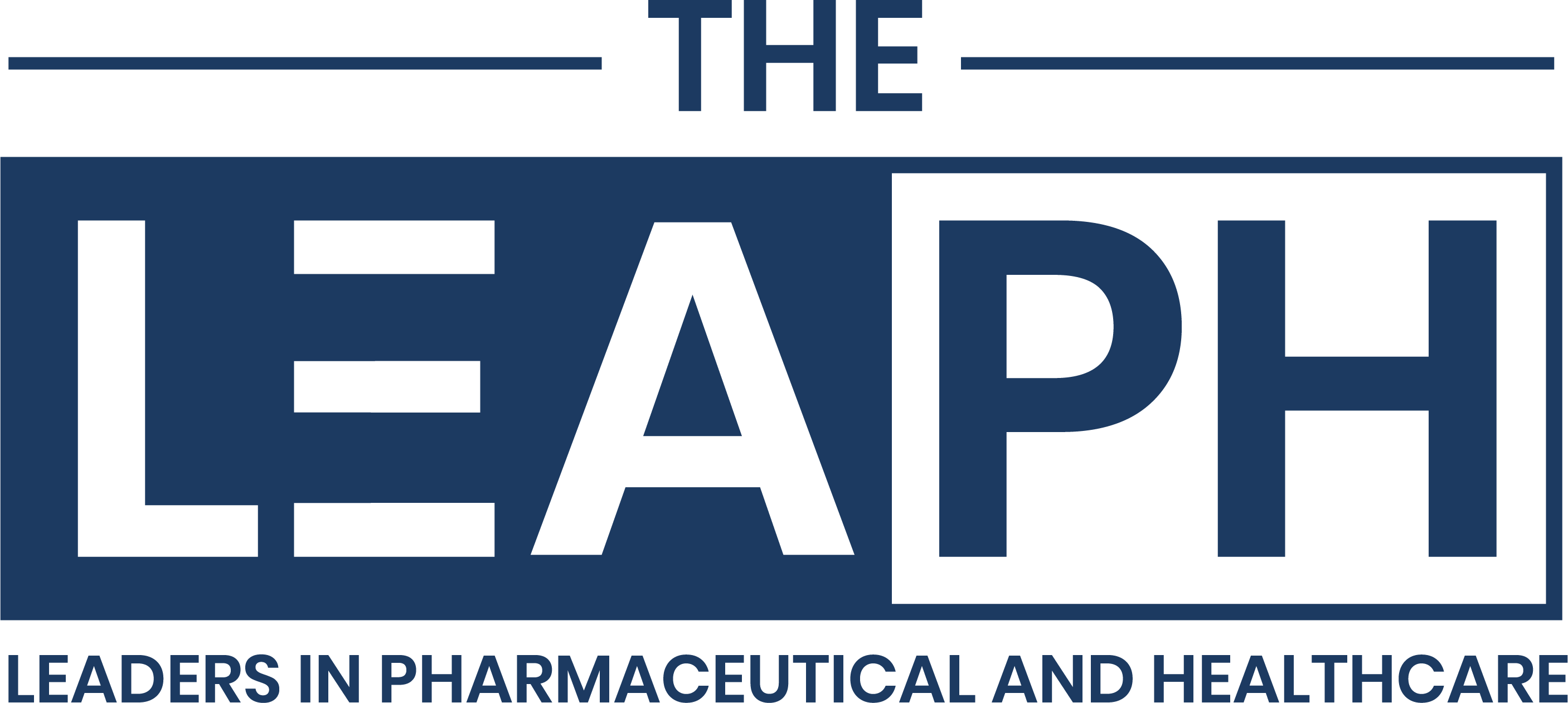Revolutionizing Healthcare: The Impact of Recent Digital Transformation
Hello there, fellow digital explorer! If you’re reading this, chances are you’ve experienced the profound shift in how we navigate the digital landscape, not just in our daily lives but also in our healthcare choices. In recent times, as I have observed some of my doctor friends who have been on this transformative journey alongside their patients, I’ve witnessed the remarkable impact of the digital age on the way we connect, communicate, and care for our health.
In today’s fast-paced world, our smartphones have become our constant companions, and the internet our trusted advisor. The digital generation—of which I’m an avid participant—seeks healthcare solutions that resonate with our tech-savvy sensibilities. We crave convenience, instant access to information, and personalized experiences.
In this blog, we’ll delve into the fascinating realm of how doctors can adapt and thrive in the digital age while fostering meaningful connections with the digital generation. Join me as we explore innovative approaches, key strategies, and invaluable insights on enhancing patient engagement, streamlining healthcare delivery, and providing the highest level of care in a world where technology and empathy are the pillars of modern medicine.”
“Imagine a world not so long ago, where doctor’s appointments meant waiting rooms filled with magazines that had seen better days, and medical records were stored in dusty file cabinets. Now, fast forward to today, where a single tap on your smartphone can connect you with a healthcare professional, and your entire medical history resides in the cloud, just a password away.
"In the digital age, healthcare's transformation isn't just about bytes and algorithms; it's about saving lives, improving access, and putting patients at the centre of their own care journey."
The transformation is nothing short of astonishing. We’ve gone from handwritten prescriptions to smart pills that send data directly to your physician. X-rays are no longer developed in darkrooms but instantly transmitted digitally. We’ve moved from stethoscopes to wearable devices that monitor our health around the clock. Welcome to the age of digital transformation in healthcare—a revolution that’s reshaping how we access, experience, and understand our well-being. Hold on tight, because the future of healthcare has arrived, and it’s changing the game in ways we couldn’t have imagined.
In a world that’s increasingly reliant on technology, the healthcare industry has not remained untouched by the winds of digital transformation. The convergence of healthcare and digital innovation is not just a trend; it’s a seismic shift that’s reshaping the way we access, deliver, and experience healthcare services. In this blog, I have focused on the profound impact of recent digital transformation on the healthcare system.
Telemedicine: Breaking Down Barriers
The first thing we’ll delve into is “telemedicine.” The advent of telemedicine has transcended geographical constraints, allowing patients to access medical consultations from the comfort of their homes. Telehealth services have become the norm, bringing healthcare to rural areas, and making it more accessible to those with mobility challenges. This transformation not only improves patient outcomes but also optimizes healthcare resources.
Electronic Health Records (EHRs): A Digital Revolution
Electronic Health Records (EHRs) are another pivotal element in this digital healthcare evolution. EHRs have replaced paper records, streamlining patient data management. Physicians now have instant access to patients’ medical histories, enabling quicker and more informed decision-making. This transition minimizes errors, enhances patient safety, and ensures the continuity of care.
Wearables and Remote Monitoring: Empowering Patients
Patient empowerment” is the key phrase in the realm of wearables and remote monitoring. Patients are now active participants in their healthcare journey, thanks to wearable devices that track vital signs and health metrics in real-time. These wearables enable early detection of health issues, fostering preventive care and reducing hospital admissions.
Artificial Intelligence (AI): Unlocking Insights
Artificial Intelligence” is the buzzword transforming diagnostics and treatment planning. AI algorithms analyse vast amounts of medical data, offering insights that were previously unimaginable. From radiology to pathology, AI-driven diagnostics enhance accuracy and speed, resulting in more precise treatments and better patient outcomes.
Enhanced Patient Engagement: A Holistic Approach
Patient engagement” encapsulates the ethos of the digital healthcare transformation. Patient portals and mobile apps facilitate communication between patients and healthcare providers. This connectivity enhances medication adherence, chronic disease management, and preventive care. Patients are better informed, more involved, and more likely to follow prescribed treatments.
Cybersecurity: Safeguarding Sensitive Data
In this digital age, “cybersecurity” is a paramount concern. The healthcare industry handles sensitive patient data, making it an attractive target for cyberattacks. Robust cybersecurity measures are crucial to protect patient privacy and maintain trust in digital healthcare services.
In conclusion, the recent digital transformation of the healthcare system has ushered in a new era of accessibility, efficiency, and patient-centric care. Telemedicine, EHRs, wearables, AI, patient engagement, and cybersecurity have emerged as pillars of this transformation. As we continue to embrace these innovations, the healthcare system is evolving into a more agile, informed, and responsive entity, ultimately improving the well-being of patients and the healthcare experience for all.
For more insights into the dynamic world of digital healthcare transformation, stay tuned to our blog and follow our social media handles.



